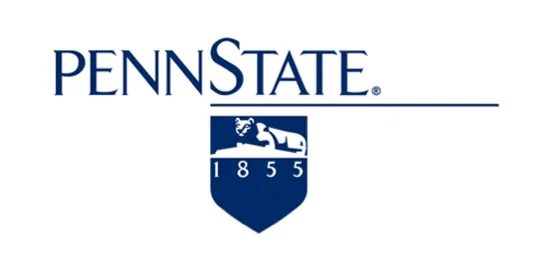Contact Us!
Peter Arnett: paa6@psu.edu
Frank Hillary: fhillary@psu.edu
Cynthia Huang-Pollock: clh39@psu.edu
Training
Specialization in Cognitive and Affective Neuroscience (SCAN program)
The specialization in cognitive and affective neuroscience (SCAN) is a department-wide effort to integrate the study of brain and behavior by infusing neuroscience throughout the traditional areas of psychology. This approach recognizes the growing interest in the connections between psychological theory and the neurosciences. Students will be admitted to one of the traditional substantive areas of the Psychology Department - clinical (child or adult), cognitive, developmental, industrial-organizational, or social psychology - and augment their work in that area with coursework and research training in molecular, cellular, or systems-level neuroscience. For a detailed description of SCAN, including course requirements and descriptions, click here.
Hershey Medical Center
Hershey Medical Center is the largest Medical Center in central Pennsylvania. Collaborative links between the Department of Psychology at Pennsylvania State University and multiple departments within Hershey Medical center already exist including the Departments of Psychiatry, Radiology, Neurology, Neurosurgery and the NMR Center for research. The Center houses several MRI machines dedicated to research including three separate 3 Tesla MRI scanners for research. Within the hospital, the Department of Neurology consists of highly skilled physicians, researchers, nurses, and clinical staff. There are over a dozen neurologists and neuropsychologists in dedicated to clinical care and clinical research within this department. In addition, Hershey Medical Center is a Trauma I center that serves all of central Pennsylvania.
Students in training have the opportunity to access a variety of neurological populations through clinical assistantships and research collaborations with the Hershey Medical Center. These experiences complement the clinical training at The Psychological Clinic within the Department of Psychology, permitting clinical and research experience with a variety of neurological conditions such as Alzheimer’s disease, Spinal Cord Injury, Stroke, Parkinson’s disease, Epilepsy, and abnormal brain development.
